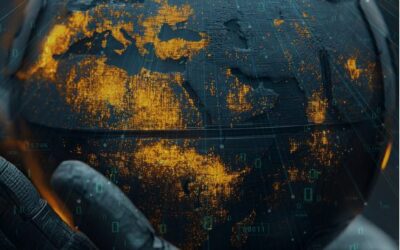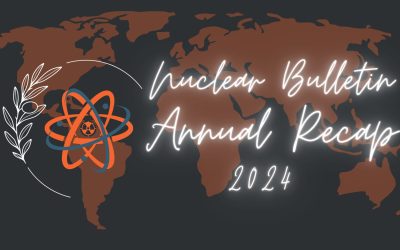In the New World Order of the 21st century, the information age has revolutionized our lives, shrunk distances, and made societies more interdependent. Cyberspace and its underlying systems emerged as domains of profound influence on defense doctrines with the advent of communications technology, proliferation of the Internet and networked devices so-called the “IoT” (The Internet of Things). Virtual warfare, waged via computers and the Internet, became an essential aspect of military conflicts between adversaries, as the operation and management of warfare in the future has begun to change.[i] To policymakers, possession of fastest computers is as crucial in the 21st century as possession of longest-range aircraft was in 20th century. Just as airpower had transformed battle scenes back then, the military utility of cyberspace has risen with diffusion of asymmetric warfare, which, in essence, is the goal of a war: One side will inevitably want to dominate over the other and make the balance asymmetric.[ii] As a form of smart power, cyberpower emboldens low-profile actors, decreases threshold of turning points in crises, and multiplies kinetic power’s impact. Since the very orality of the Internet has a way of turning territorial battles into battles of ideas,[iii] transformation of modern battles utilises de-territorialised cyber attacks as means of persuasion and winning hearts and minds on a mass scale.[iv] In the information age, what’s important is not just “whose army wins in battle, but whose story wins over people”.[v]
[i] Dr. Jamal Sanad Al-Suwaidi, “The Future of Warfare in the 21st Century”, ECSSR, April 9-10, 2013.
[ii] Dr. Austin Long, “The Future of Warfare in the 21st Century: Asymmetrical Warfare and International Terrorism”, ECSSR, April 9, 2013.
[iii] Robert Kaplan, “The Revenge of Geography,“ Random House Trade Paperbacks, Reprint edition, 2013, p. 128.
[iv] David J. Betz and Tim Stevens, Cyberspace and the State: Toward a Strategy for Cyber-Power (New York: Routledge, 2011), Ch. 4.
[v] David J. Betz and Tim Stevens, Cyberspace and the State: Toward a Strategy for Cyber-Power (New York: Routledge, 2011), Ch. 3.
[accordion title=”” open1st=”0″ openAll=”0″ style=””][accordion_item title=”Makalenin PDF versiyonu için tıklayınız”][pdfviewer width=”100%” height=”849px” beta=”true/false”]https://www.tespam.org/tr/wp-content/uploads/2018/05/CybersecurityintheEnergySector.pdf[/pdfviewer][/accordion_item][/accordion]



